The upcoming Summit of the Future is an opportunity to turbocharge efforts toward a more peaceful, secure, and sustainable world. Discussions on revitalizing the work of the General Assembly and the Security Council reform can further serve as avenues…
Read morePanel Discussions
Latest
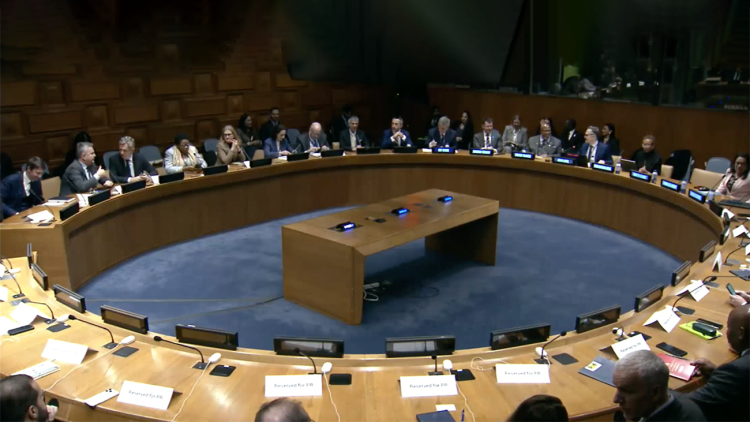
In 2011
-
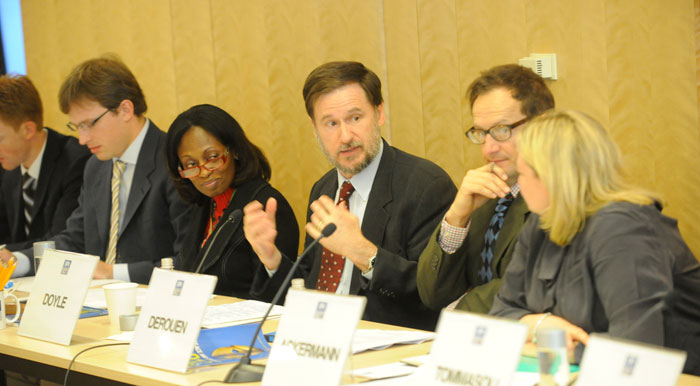
An international forum titled “Conflict Prevention and Preventive Diplomacy: What Works and What Doesn’t?” was held at IPI on December 15, 2011 and was attended by more than 50 participants from UN permanent missions, multilateral agencies, think tanks, and universities.This was the first meeting of the International Expert Forum (IEF), a joint collaboration between IPI, […]
Read more -
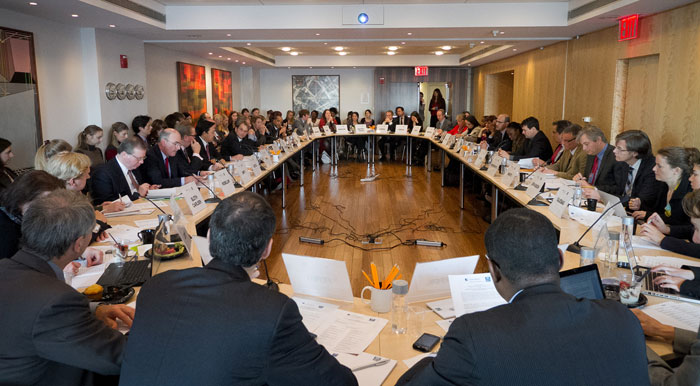
A recent roundtable discussion at IPI titled “Strengthening International Environmental Governance: Exploring System-Wide Responses” considered reform options for international environmental governance (IEG) in the context of the Belgrade Process, the Nairobi-Helsinki Outcome and the upcoming UN Conference on Sustainable Development (Rio+20) summit. The December 14th meeting, held by IPI and the Nordic Council of Ministers […]
Read more -
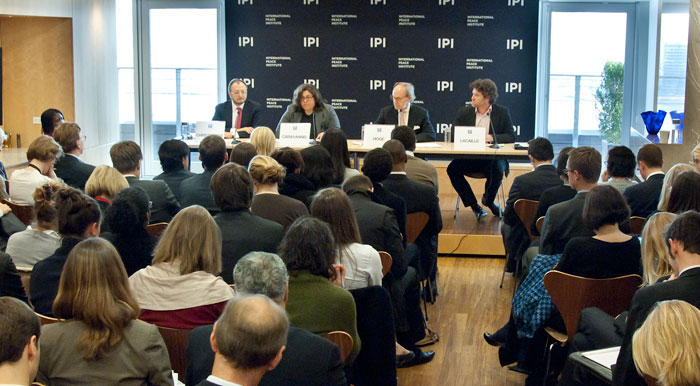
The International Peace Institute on December 12th held a policy forum focusing on the just-completed balloting in the Democratic Republic of the Congo that brought a crowd of 120 people to IPI’s Trygve Lie Center. The meeting, which featured a three-person panel and was held under the Chatham House rule of non-attribution, dealt with the […]
Read more -
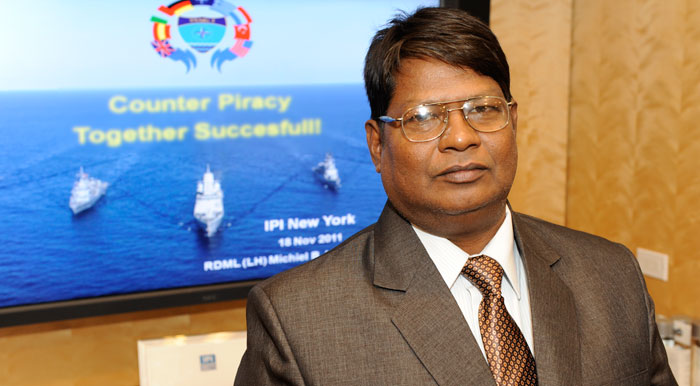
“We have to prevent hijacking of ships at all costs,” Mahadeo Makane, himself a victim of such an attack, told an IPI audience on November 18th.Mr. Makane, the former Master of the ship Marida Marguerite, spoke on the treatment by pirates of hostages, recounting his own horrific experience, when his ship was captured and he […]
Read more -
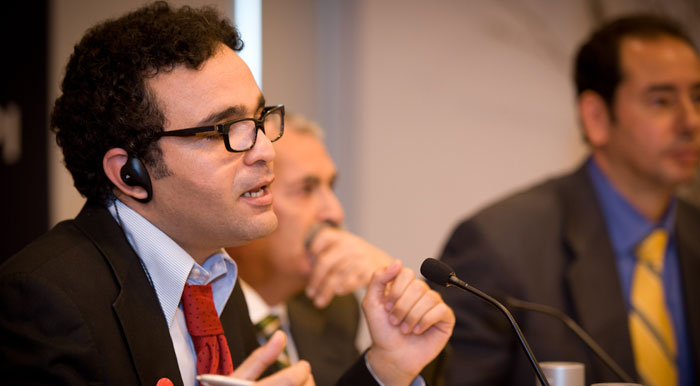
“We were the unknown soldiers who were moving and controlling the opposition,” Kamel Riahi, an award-winning Tunisian novelist and critic of the previous regime, said at an IPI event while reflecting on the role of intellectuals in the Tunisian revolution. “Their voices may have grown dimmer after the revolution, but, for the revolution, they were […]
Read more







